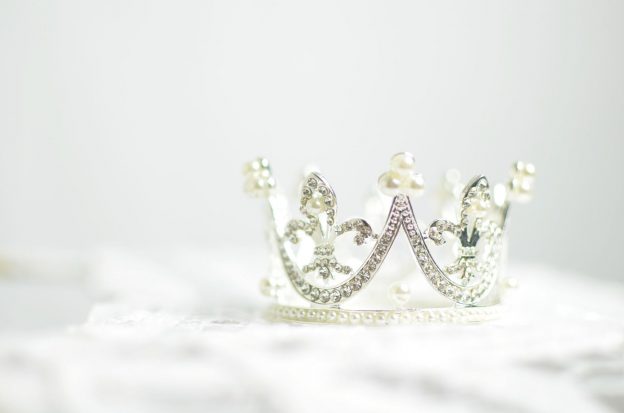Weird when what seemed to be disparate bits of life come together, isn’t it? Just happened to me when scrolling through Twitter. Context: off (Covid and travel chaos permitting) to the British Legal History Conference in Belfast next week, and the Irish Legal History Society is sending helpful suggestions as to touristy things which conference-goers might do. The latest was highlighting the fact that parts of the TV series ‘Game of Thrones‘ were filmed in Northern Ireland, and there is stuff to see. A comment was made about GoT not being legal history, and I was reminded of the fact that I did once do a bit of a LH analysis of it (based on the books, not the series, granted, but it counts …). Time to collect and stick them up again, I think.
So, here, here, here, here, here, and here for your delectation, are my pontifications on the subject. Clearly I was living a fulfilling and happy life in 2014 …
Now wondering how to find a tie-in for my similar great works on Star Trek, The Vampire Diaries and Lord of the Rings … (would work if next BLHC were to be at the University of Mordor, I suppose …). And possibly a few more thoughts on Derry Girls leading up to the SLSA conference there next year?
GS
2/7/2022
[And the quote, if you are wondering, is, apparently from s.7 of the TV series, to Tarly, by Ebrose. Thank you internet. May have altered it for added topic-relevance).
Picture: adding general royal vibe – Photo by Ashton Mullins on Unsplash
